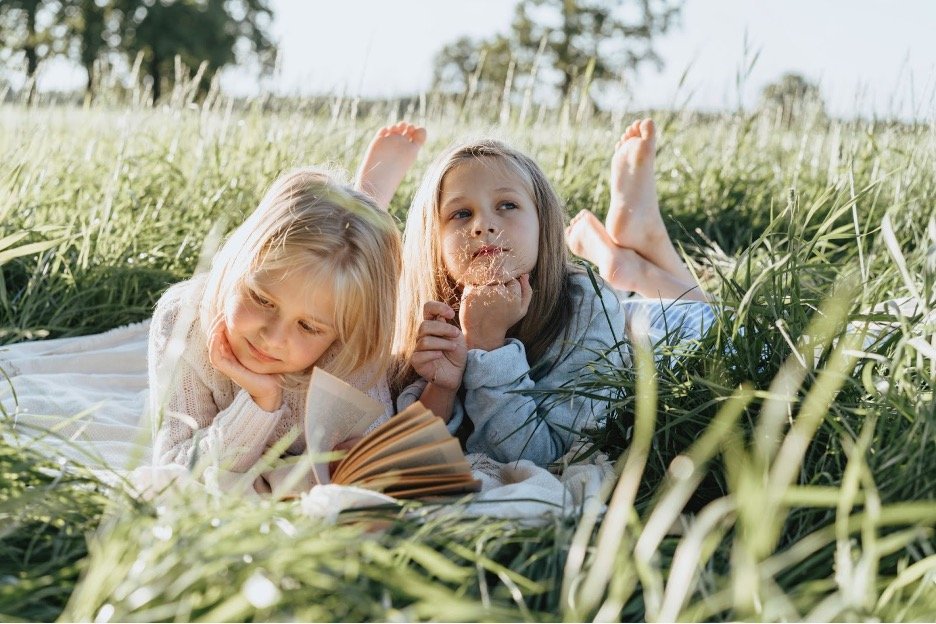As parents, we often find ourselves overwhelmed with the belief that we must constantly provide our children with numerous activities and experiences. We fear that they might miss out on valuable opportunities if we don't ensure they have everything their peers do. However, raising happy, healthy, and well-rounded children goes beyond filling their schedules with clubs, lessons, and extracurricular activities. It's time to recognize that there is much more to parenting than simply ensuring a packed schedule for our kids.
Instead of panicking when our children don't show interest in additional music lessons or extracurricular pursuits, we should explore enriching activities that can be done at home as a family. These activities can have a profound impact on their lives, just as much as those additional skills and clubs on offer.
Cook Together, Eat Together
One such activity is cooking and eating together as a family. The simple act of sharing meals at the same time, whenever possible, can significantly influence our child's development and shape their memories of childhood. Rushing from one lesson or club to the next may not be what they remember, but they will cherish the moments when we had impromptu picnic parties in the living room or taught them how to make a classic pineapple upside-down cake. In addition, involving our children in cooking, setting the table, and clearing away dishes equips them with life skills while making quality time together more enjoyable.
Show Interest
Another crucial aspect of parenting is taking a genuine interest in our child's unique qualities. It's easy for parents to become fixated on our expectations and how we think our children should behave. Instead, we should step back and embrace them for who they are. A study conducted at John Hopkins revealed that 67% of children are happy with their parents. This happiness often stems from parents taking the time to understand their children on their own terms, without judgment or attempts to change them. By joining in their hobbies, showing curiosity about their interests, and letting them share why they enjoy certain activities, we foster a healthier parent-child relationship and contribute to their overall development as they grow into well-balanced adults.
Foster Mutual Love and Respect
Respect and love are integral components of effective parenting. The notion of automatically "respecting your elders" can be toxic and fails to acknowledge that not all elders deserve respect, while not all children need to "earn" it in the way older generations expect. As parents, we must respect our child's boundaries, personality, and individuality. Respect is a two-way street, and by demonstrating respect for who they are and what they want to pursue, we encourage their reciprocal respect for us. This mutual respect lays the foundation for a strong parent-child relationship that will endure as they mature. Showing love and respect to our children sets them up for future success.
Identify Your Parenting Philosophy and Plan
Furthermore, it's essential to reflect on the generational trauma we may carry and consider how our own childhood experiences influence our parenting. blindly following in our parents' footsteps without a valid reason might not be the best approach. While it may be suitable for those who grew up in supportive environments, many individuals had challenging childhoods that impact their parenting style. Modern parenting is informed by extensive research on parenting and relationships, far surpassing what previous generations had available. We face unique challenges and issues, so it's crucial to discard the rule book passed down by our parents. Instead, let's select the positive aspects of our parents' parenting techniques and allow our own family dynamics and individualities to guide us as we navigate life together.
Ultimately, parenting isn't solely about the skills our children acquire or the knowledge they accumulate through classes. It's about nurturing them and providing them with the best possible start in life. By focusing on their holistic development, embracing their individuality, fostering mutual respect, and examining our own parenting approaches, we can create a nurturing environment that truly prepares them for the future.



